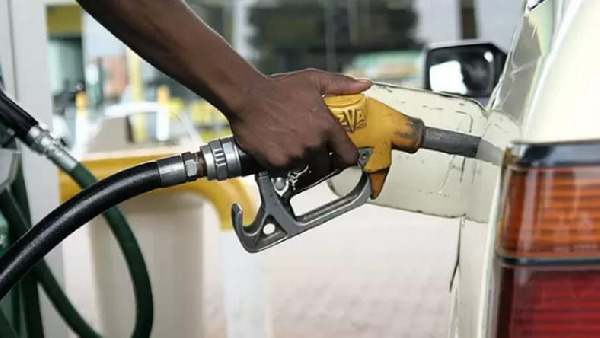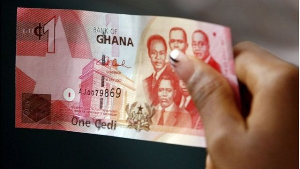Parliament, on Tuesday, June 3, 2025, passed the Energy Sector Levy (Amendment) Bill, 2025, under a certificate of urgency.
The bill, introduced by the Minister of Finance, Dr Cassiel Ato Forson, imposes a GH¢1 fee on petroleum products.
Since its passage, the levy has been widely referred to as Dumsor Levy, or ‘D-Levy.’
Public reaction to the Levy
Many Ghanaians have since taken to social media to express their displeasure, arguing that the D-Levy replaces the controversial Electronic Transfer Levy (E-Levy) introduced under the Akufo-Addo administration.
This assertion is corroborated by some critics as well.
The Electronic Transfer Levy (E-Levy) was introduced by the New Patriotic Party (NPP) government under President Nana Akufo-Addo through the Electronic Transfer Levy Act, 2022 (Act 1075).
Passed on March 29, 2022, after a contentious parliamentary process, the law imposed a 1.5% tax, which was later reduced to 1%, on electronic transactions, including Mobile Money payments, bank transfers, and merchant payments.
Purpose of the D-Levy
Providing more insight into the new tax, the Minister of Energy and Green Transition, John Abdulai Jinapor, stated that the revenue generated will be used to fund liquid fuel purchases.
He explained that the government requires over US$1 billion in 2025 to procure liquid fuels.
According to him, the cost of liquid fuel is not included in the electricity tariff structure, posing financing challenges for the government.
Additionally, the levy is intended to raise additional revenue to address energy sector debts and mitigate intermittent power supply issues affecting Ghanaians.

Ghana’s Thermal Energy Situation
Currently, Ghana has 15 thermal plants, many of which are designed to run on natural gas.
Eight of these plants can switch to liquid fuels when gas is unavailable, whether from the Atuabo Gas Plant or due to disruptions along the West African Gas Pipeline (WAPCo).
About liquid fuels
This refers to all petroleum, including crude oil and products of petroleum refining, natural gas liquids, biofuels, and liquids derived from other hydrocarbon sources including coal to liquids and gas to liquids.
Liquid fuels, according to Research Gate, are those combustible or energy-generating molecules that can be harnessed to create mechanical energy.
Most liquid fuels, in widespread use, are or derived from fossil fuels such as gasoline, diesel, kerosene, alcohols, and hydrogen.
About ESLA
The Energy Sector Levies Act (ESLA) was introduced in 2015 and implemented in 2016, aimed at streamlining energy-related taxes and rescuing struggling state-owned utilities.
Since the inception of the program, total expected collections were projected at GH¢29.27 billion.
However, according to the Ministry of Finance, total collections from all ESLA levies between January 2016 and December 2024 amounted to GH¢27.24 billion, leaving a shortfall of GH¢2.03 billion.
Details about the D-Levy
The GH¢1 levy on petroleum products, also known as the Dumsor Levy or D-Levy, is a tax imposed on every liter of fuel purchased.
This means that if a consumer buys 10 liters of fuel, they will pay GH¢10 in total. The more liters purchased, the higher the amount paid as D-Levy.
Former Vice President Dr Mahamudu Bawumia’s analogy supports this calculation, noting that for every GH¢1,000 spent on fuel, consumers will pay GH¢83 in taxes.
It is important to note that the Dumsor Levy component is calculated based on the number of liters purchased.
SA/AE



